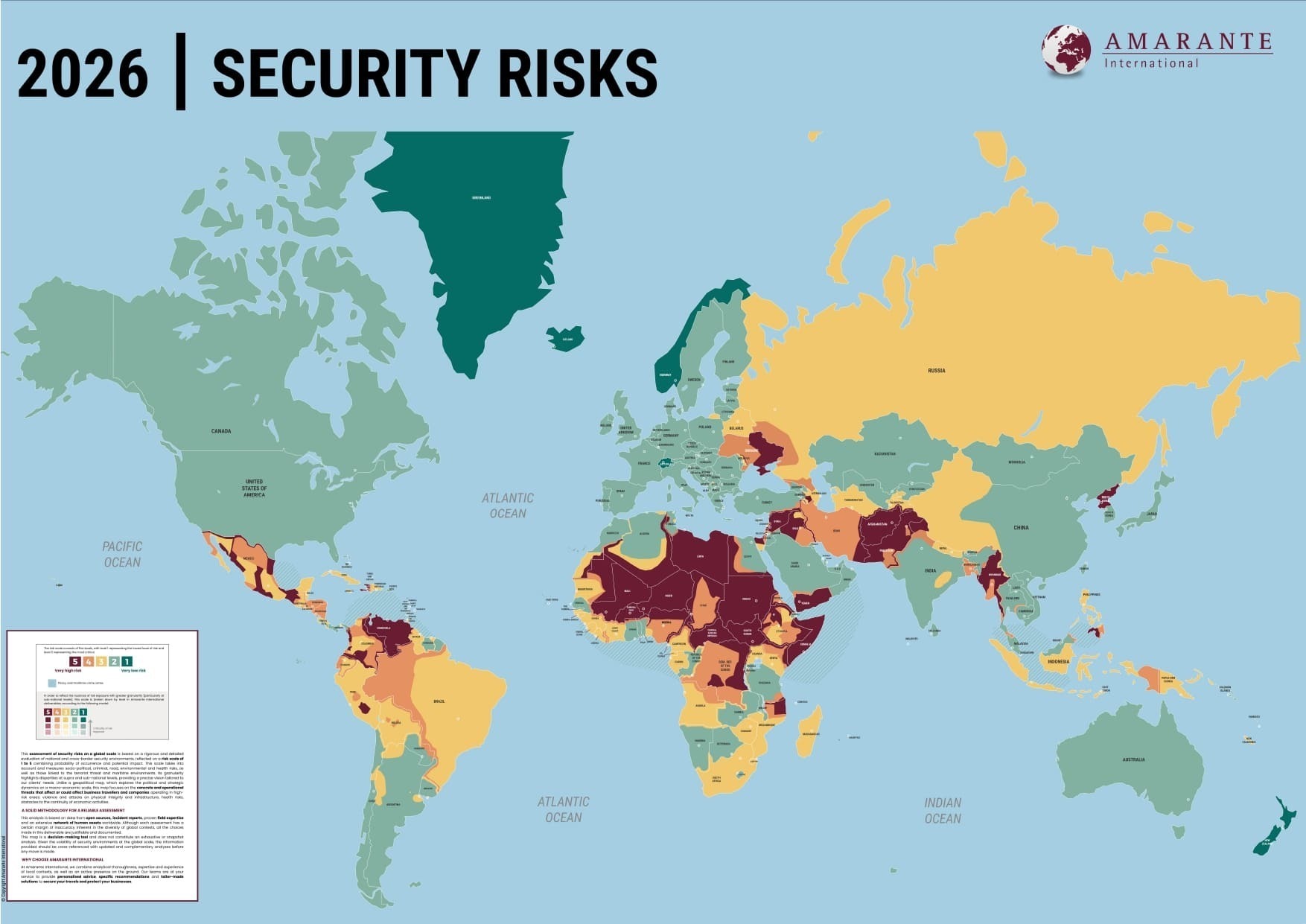Training Program TECC & TCCC
Tactical Medicine - NAEMT Certification
Important note: Amarante ACADEMY is not a NAEMT training center.
Developed by the National Association of Emergency Medical Technicians (NAEMT) and the Prehospital Trauma Life Support (PHTLS) committee, the Tactical Emergency Casualty Care (TECC) and Tactical Combat Casualty Care (TCCC) training programmes are primarily designed to keep a casualty alive by following military guidelines for prehospital combat medicine.
Specifically designed for military personnel and combat environments, the TCCC course aims to teach emergency care for war-related injuries in hostile zones. Adapted for civilian responders in tactical emergency situations (e.g., police, firefighters, emergency medical teams), the TECC course focuses on civilian intervention contexts, such as active shooter incidents, terrorist attacks, and other emergencies in urban settings.
Target audience:
TECC: all first responders, doctors, nurses, firefighters, paramedics, police officers, gendarmes, security agents, and any personnel facing high-risk situations wishing to train in tactical medicine;
TCCC: all military personnel required to undertake the training as part of their official duties.
Terms and conditions of access
To maximize opportunities for interaction between our teaching staff and participants, a ratio of 1 instructor to 6 participants is encouraged. A minimum of 15 participants is recommended for both types of training.
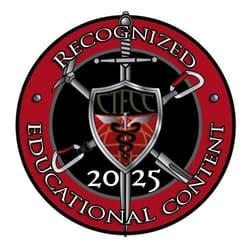
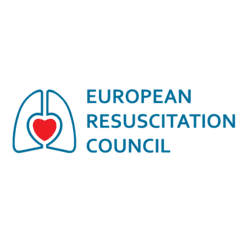
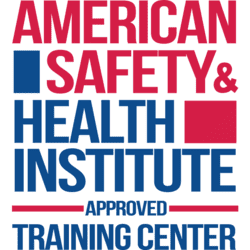
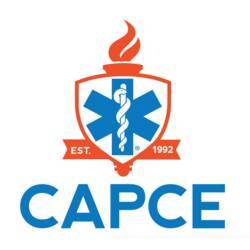
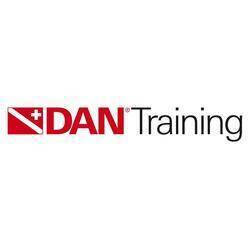
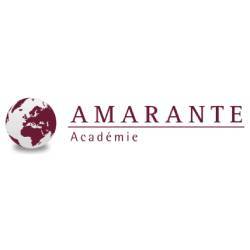

Prerequisites and Entry Conditions for Training:
TECC Training: review of the educational material provided upon registration is required;
TCCC Training: participants must currently serve in a military role and be mandated by their command to undertake the training as part of their duties.
Training locations:
AMARANTE Académie offers several training centres across Europe, notably in France and Belgium. Training can also be delivered at a location chosen by the client, including internationally, provided the location meets the requirements of the programme.
Duration and Organisation:
TECC Training lasts 2 days (totaling 16 hours) and is delivered exclusively in person;
TCCC Training lasts 2 days (totaling 16 hours) and is delivered exclusively in person.
Objectives (skills / competencies aimed for):
The learning objectives of the TECC training are:
- Understand the three specific phases of TECC care — direct threat care, indirect threat care, evacuation care;
- Tailor interventions according to these different phases;
- Develop skills to rapidly and effectively assess victims’ injuries in high-risk environments;
- Master emergency care techniques to treat haemorrhages, airway issues, trauma, fractures, and shock;
- Learn to provide care while remaining aware of ongoing tactical threats in the environment;
- Master casualty evacuation procedures.
The learning objectives of the TCCC training are identical, with the addition of:
- Understanding the three specific phases of TCCC care — care under fire, tactical field care, and tactical
- Evacuation care — and tailoring interventions accordingly;
- Treating injuries specific to combat environments, such as blast trauma, high-velocity gunshot wounds and severe burns;
- Using military equipment effectively.
Content, programme, modules, units:
The topics covered in the TECC training include:
- Principles of care under direct threat;
- Haemorrhage control;
- Airway management;
- Care under indirect threats;
- Evacuation care;
- Consideration of civilian contexts (Active shooter, terrorism, etc.).
The topics covered in the TCCC training are the same, with the addition of:
- Treatment of specific injuries in a tactical context;
- Application of military protocols for prioritisation of care.
Amarante Académie Certifications:
The AMARANTE Académie training organisation is officially recognised by the Committee for Tactical Emergency Casualty Care (C-TECC) as an educational partner.
Assessment Methods During and/or At the End of Training:
- Initial assessment upon entry into training;
- Final skills validation through a questionnaire and practical scenario.
Monitoring of Training Implementation:
- Attendance sheets (or login records);
- Daily learning objective assessments;
- Course evaluation form to be completed by each participant;
- Issuance of a certificate of participation in the training.
Description of Teaching Resources Used:
AMARANTE Académie is committed to sharing expertise based on best practices and provides training that includes approximately 30% theory and 70% (max. 80%) practical exercises.
The practical component of the training is based on highly realistic scenarios designed by the instructor teams.
Disability and Special Needs Considerations:
AMARANTE Académie is equipped to assess on a case-by-case basis the specific needs of candidates wishing to undertake the training, in order to provide suitable resources and implement necessary adjustments. Please contact us as early as possible so we can explore your training project together.
Our disability point of contact: Daniel TSHITUKA - daniel.tshituka@amarante-academie.com
Contact, Quote and Registration:
Registration requires a prior discussion with our training team and is subject to availability.
For any request for a quote or additional information such as our upcoming availability, please complete the dedicated contact form by clicking on the following link:
Presentation sheet
The PDF of the program will be sent to you by email to the address you provide.
TECC/TCCC training is available from EUR 1,500 per person (excl. VAT), depending on the number of attendees, the chosen location, and selected modules.
The full course presentation will be sent to the email address provided in the contact form.
We commit to responding within 48 hours to arrange a discussion and further assess your training needs.
Training team:
A dedicated training team tailored to your needs will be selected from our NAEMT-certified instructors, all of whom have solid experience in deployment and medical operations in hostile environments. They will support you throughout the entire training programme.
Depending on their profile, instructors hold:
- A recognised certification from NAEMT (National Association of Emergency Medical Technicians) and/or ITLS (International Trauma Life Support);
- Field experience in emergency care, prehospital interventions, and trauma management in critical situations;
- Professional experience in paramedical environments as emergency responders, nurses, or doctors, with expertise in severe trauma care, resuscitation, and intensive care;
- Proven teaching skills, training healthcare professionals in emergency management, resuscitation, and casualty care prior to hospital admission.
Performance indicators (2024)
Success rate
Unavailable
Dropout rate
Unavailable
Satisfaction rate
Unavailable
Trainee response rate: unavailable.





